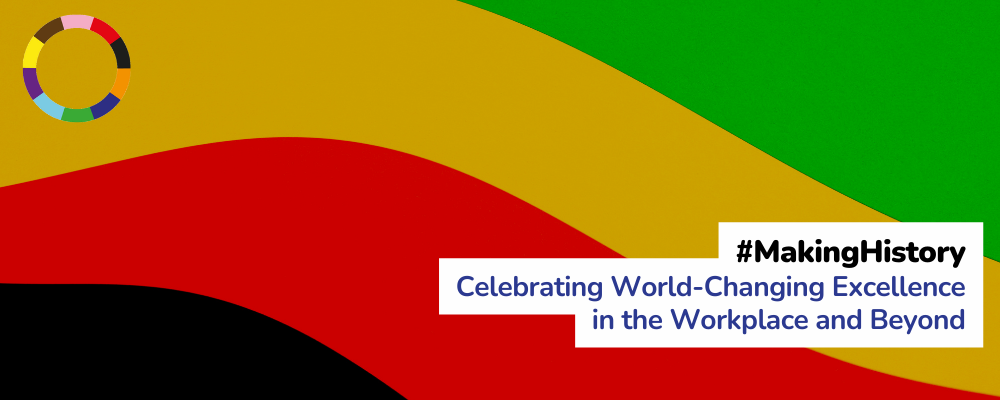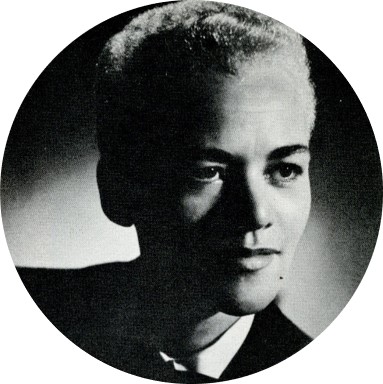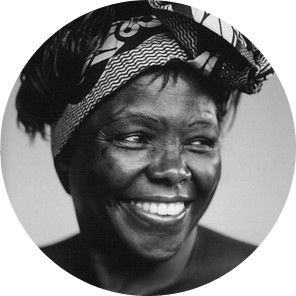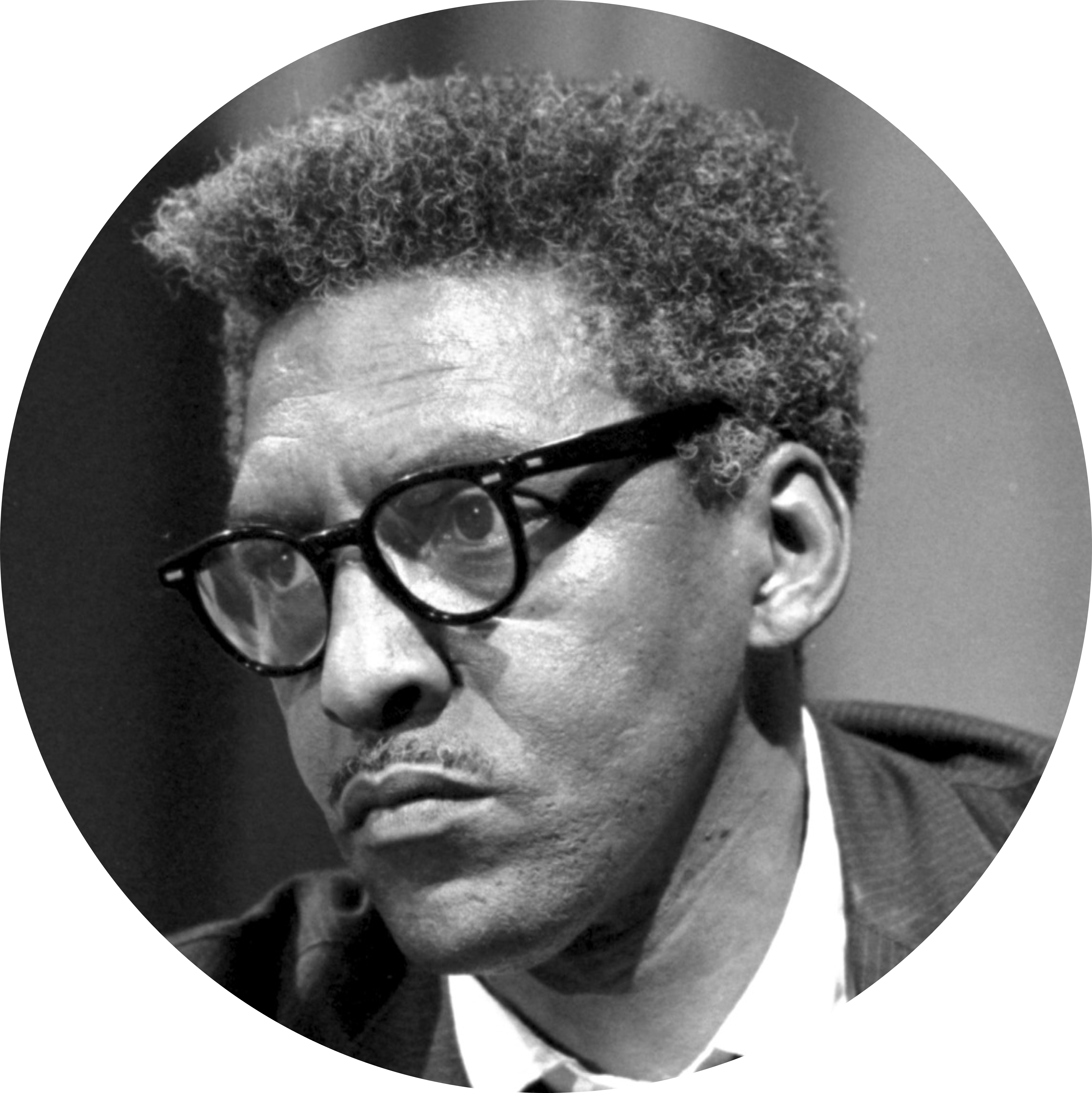Black History Month: Celebrating World-Changing Excellence in the Workplace and Beyond

Here at LGBT Great, we are recognising Black History Month and celebrating the lives and voices of three influential figures from Black history. Join us as we recognise the achievements of Black women and LGBTQ+ people who have changed the global landscape for inclusion and Black welfare.
This February is Black History Month in the US and Canada - a month selected originally to coincide with the birthdates of Frederick Douglass and Abraham Lincoln[1]. Douglass is best known for his prolific contributions to the anti-slavery ‘abolitionist movement’- as a former slave himself[2] and President Lincoln was considered a significant power behind the push for the emancipation of slaves. In recognition of their contributions, historian Carter G. Woodson established “Negro History Week” in 1926, which was expanded to create Black History Month by black students and scholars at Kent State University in 1970[3].
Oftentimes, when tasked with summarising the American push for racial equality, we may be inclined to focus on the Civil Rights Movement of the mid-1950s to late 1960s. This movement was foundational in the overturning of racial segregation throughout America, securing the legalisation of interracial marriages (to name just two of many significant achievements). Although the movement took the efforts and sacrifices of many, many activists, the most prominently recognised remains Martin Luther King Jr.
In recognising Black history, however, it is important to recognise which voices were upheld as the most respectable in this movement, and as we delve deeper into the American and Canadian history of Black resistance and liberation, it feels necessary that this brief overview also the oft-overlooked plights and underrepresented voices of Black women and Black members of the LGBTQ+ community. In selecting but a handful in a veritable ocean of significant and transformative stories of Black power, we want to celebrate the lives and the achievements of three world-changing Black trailblazers.
Recognising these achievements is about more than performing inclusivity. The UK Government’s 'Race in the Workplace’ report in 2017 found that 14% of the working-age population are from Black or Minority Ethnic backgrounds: this makes recognition of Black history and achievements a matter affecting 14% of active and prospective UK workers. This report also found that only 6% of top management positions are held by BME workers- highlighting a lack of recognition of Black talent and skill in the workplace. Black History Month is a matter relevant to every workplace. Although this month centres around Black History from a US/Canadian lens, here at LGBT Great we believe that acknowledging this month and empowering Black workers constitutes a fundamental application of inclusion practices, necessary in every organisation.
Notable Women and LGBTQ+ People in Black history
Stormé DeLarverie
So often, central figures in major LGBTQ+ movements are overlooked in the telling of these histories, especially if they are from a racially marginalised background. A key example of this is the legacy of Stormé DeLarverie. Although many people recognise the significance of the Stonewall Rebellion in 1969 and the US-based LGBT movement which emerged from this, few know DeLarverie’s name. DeLarverie is rumoured to have thrown the first punch in resistance to the humiliation and brutality patrons of the Stonewall Inn were facing at the hands of New York Police.
An androgynous lesbian, DeLarverie faced hostility and persecution for her identity for much of her life. As a singer, she performed whilst presenting feminine and whilst presenting masculine. Following the uprisings of 1969, her engagement with the LGBTQ+ community remained a direct, grassroots approach- she worked as a bouncer for lesbian bars in the Manhattan area and patrolled these spaces as a safeguarding volunteer well into her eighties.[4] DeLarverie was a bastion of direct action and courageous activism whose impact on the welfare of Black LGBTQ+ people, particularly Black lesbians, is immeasurable.

Wangarĩ Maathai
Wangarĩ Maathai was a Kenyan environmental and social activist who was the first woman in East and Central Africa to earn a doctorate[5], having studied Biology for her PhD. The environmentalist organisation she founded, the Green Belt Movement, has planted 50 million trees across Kenya[6]. Maathai was awarded the Nobel Peace Prize in 2004 for her tireless activism[7]- making her the first African woman and the first environmentalist to receive this prestigious award.
Throughout the course of her life, Maathai held multiple prestigious positions. These included, amongst others, being appointed the Chair of the Department of Veterinary Anatomy and Physiology at the University of Nairobi from 1976-79[8], Associate Professor at the university and served for two years in the early 2000s as Assistant Minister for Environment and Natural Resources in the Kenyan Government. Maathai was a deeply intelligent, capable and resourceful scholar who applied her knowledge and wisdom to world-changing environmental initiatives.

Bayard Rustin
Bayard Rustin was an African-American leader in the fight for civil rights and gay rights in the mid-1900s. Rustin co-founded the Congress of Racial Equality (CORE) in the early 1940s[9] and served two years in prison as a conscientious objector to World War II. Rustin was out about his sexuality in the 1950s, in spite of the risks that threatened his career and his life as a consequence [10]. This meant Rustin often played a less visible advisory role in social causes out of concern for how his identity may adversely impact the reputation of social movements he supported. Nevertheless, Rustin’s impact was vast and impressive. Rustin even took an advisory position at the side of Martin Luther King Jr [11] and was a driving influence behind King’s anti-violence approach to the civil rights movement.
Rustin also served as President and eventually as co-chair at the A. Philip Randolph Institute from 1965 to 1979. This organisation was designed to unite Black trade unionists who were dedicated to racial equality and economic justice- and Rustin considered the labour rights movement central to the movement for racial equality.[9] Rustin was a bastion of fearless determination, confidence and pragmatism- and his influence on the sociopolitical climate of the contemporary USA is undeniable.
Much can be said about the progress made regarding the rights and protections for the Black communities of the US and Canada. It is evident that necessary and significant strides have taken place even in the last 15-20 years; however, this progress in no way negates the need for the essential changes that contemporary racial equality activists are rightfully demanding.
As we reflect on Black history this month, it is important to elevate powerful and influential voices of the global Black community and recognise a world bettered through their strength, ambition, and courage.
— Georgie Williams (they/them) is a Insights and Content Analyst at LGBT Great.
Sources
[1] Franklin, J. (2022, February 1). Here’s the story behind Black History Month — and why it’s celebrated in February. NPR. https://www.npr.org/2022/02/01/1075623826/why-is-february-black-history-month
[2] Abolitionist Movement - Definition & Famous Abolitionists | HISTORY. (2009, October 27). HISTORY. https://www.history.com/topics/black-history/abolitionist-movement
[3] Milton E Wilson, Jr. papers (faculty-Counseling) | Special Collections and Archives | Kent State University Libraries. (n.d.). https://www.library.kent.edu/special-collections-and-archives/milton-e-wilson-jr-papers-faculty-counseling
[4] Yardley, W. (2014, May 29). Storme DeLarverie, early leader in the gay rights movement, dies at 93. The New York Times. https://www.nytimes.com/2014/05/30/nyregion/storme-delarverie-early-leader-in-the-gay-rights-movement-dies-at-93.html
[5] Cstraight Media - http://www.cstraight.com. (n.d.). Wangari Maathai | The Green Belt Movement. https://www.greenbeltmovement.org/wangari-maathai
[6] Cstraight Media - http://www.cstraight.com. (n.d.-c). The Green Belt movement. http://www.greenbeltmovement.org/
[7] The Nobel Peace Prize 2004. (n.d.). NobelPrize.org. https://www.nobelprize.org/prizes/peace/2004/maathai/biographical/
[8] Prof. Wangari Maathai | DEPARTMENT OF VET. ANATOMY AND PHYSIOLOGY. (2001, November 23). https://vetanatomy.uonbi.ac.ke/featured-alumni/prof-wangari-maathai
[9] Rustin, Bayard. (n.d.). The Martin Luther King, Jr. Research and Education Institute. https://kinginstitute.stanford.edu/rustin-bayard
[10] Smith, D. (2023, November 21). ‘He never hid himself’: the incredible life of gay civil rights leader Bayard Rustin. The Guardian. https://www.theguardian.com/film/2023/nov/21/bayard-rustin-movie-lgbt-civil-rights-netflix
[11] Bayard Rustin. (n.d.). National Museum of African American History and Culture. https://nmaahc.si.edu/bayard-rustin

